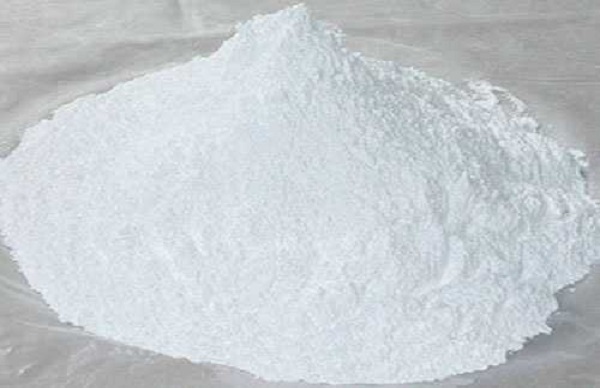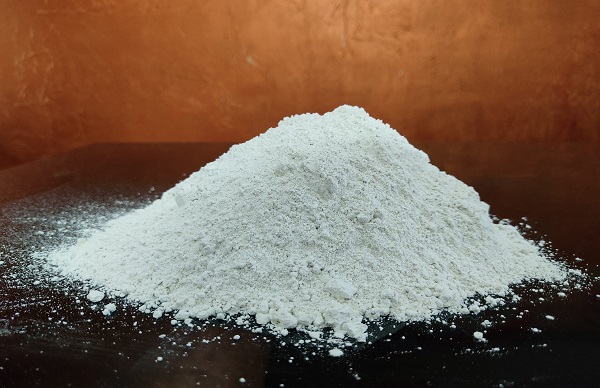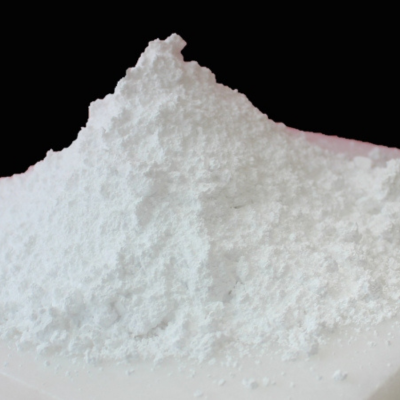
What makes talc valuable?
July 5, 2023
What are the uses of talc lumps?
July 17, 2023Does soapstone powder have any antibacterial or antimicrobial properties?
Introduction:
Soapstone powder has long been recognized for its various applications in industries such as cosmetics, ceramics, paints, and pharmaceuticals. However, recent research has shed light on an additional property of soapstone powder that has caught the attention of the scientific community and the general public alike: its potential antibacterial and antimicrobial properties. In this blog post, we will explore the exciting findings surrounding soapstone powder and its ability to combat harmful bacteria and microbes.
What is Soapstone Powder?
Soapstone powder, also known as talc, is a naturally occurring mineral composed of magnesium, silicon, and oxygen. It is derived from metamorphic rocks and is characterized by its softness, smooth texture, and high heat resistance. As a reputed Soap Stone Powder Manufacturers we have harnessed the power of this versatile substance and has been at the forefront of promoting its numerous applications.
The Antibacterial Potential of Soapstone Powder
Recent scientific studies have investigated the antibacterial properties of this mineral, and the results have been promising. Researchers have found that soapstone powder exhibits inhibitory effects against various bacterial strains, including both gram-positive and gram-negative bacteria. Gram-positive bacteria encompass a wide range of pathogens responsible for infections such as Staphylococcus aureus, Streptococcus pyogenes, and Bacillus anthracis. On the other hand, gram-negative bacteria include Escherichia coli, Salmonella typhi, and Pseudomonas aeruginosa, which are notorious for causing illnesses.
The Mechanism of Action
The exact mechanism by which soapstone powder exerts its antibacterial effects is still under investigation. However, several theories have been proposed. One possibility is that the physical structure of soapstone powder creates an unfavorable environment for bacterial growth. The fine particles of soapstone may interfere with bacterial adhesion, preventing them from colonizing and forming biofilms on surfaces. Additionally, the alkaline nature of this mineral may disrupt the pH balance required for bacterial survival, further inhibiting their growth.
Furthermore, this mineral is believed to possess an inherent ability to penetrate bacterial cell walls. This action could lead to the disruption of essential cellular processes, such as nutrient uptake and protein synthesis, ultimately resulting in bacterial death. The unique chemical composition of soapstone, particularly its magnesium content, may contribute to this antibacterial mechanism.
Antimicrobial Effects Beyond Bacteria
In addition to its antibacterial properties, soapstone powder has also demonstrated antimicrobial effects against various microorganisms. Studies have highlighted its efficacy against fungi, yeasts, and even certain viruses. For instance, it has been found to inhibit the growth of Candida albicans, a fungus responsible for common yeast infections. Moreover, preliminary investigations have suggested that this mineral might possess antiviral properties, potentially making it a valuable asset in the fight against viral infections.
Applications of Soapstone Powder's Antibacterial Properties
The antibacterial and antimicrobial properties of soapstone powder open up exciting avenues for its application in numerous fields. Here are some potential areas where its properties could be harnessed:
- Medical and Healthcare Products: It could find applications in the manufacturing of antimicrobial bandages, wound dressings, and medical coatings to prevent infections and enhance healing.
- Personal Care Products: Incorporating this mineral in soaps, shampoos, and other personal care products may provide an additional layer of protection against harmful bacteria and fungi.
- Food and Beverage Industry: It could be utilized in food packaging materials, cutting boards, and food processing equipment to inhibit bacterial contamination and extend product shelf life.
- Paints and Coatings: Antibacterial paint formulations incorporating soapstone powder can be used in hospitals, schools, and other public spaces to minimize the spread of pathogens.
- Agriculture and Horticulture: It could be explored as a natural alternative for crop protection against microbial diseases, reducing the reliance on synthetic pesticides.
Conclusion:
The emerging research surrounding soapstone powder's antibacterial and antimicrobial properties is highly promising. While further studies are needed to explore its potential applications fully, the early findings indicate a bright future for this versatile mineral. Sudarshan Group, as a reputable manufacturer and supplier of Soapstone Powder, stands at the forefront of this innovative research. By harnessing the power of this mineral, we may soon witness its integration into a wide range of products aimed at safeguarding human health and well-being, contributing to a cleaner and healthier world.
Discover the timeless elegance of handcrafted Bone Inlay Furniture that brings artistry and sophistication to your interiors. Whether you are looking for a stunning Bone Inlay Dresser, a versatile Bone Inlay Chest of Drawers, or a statement Bone Inlay Mirror, each piece is designed to elevate your décor. Add charm to your entryway with a Bone Inlay Console Table or style your living room with a unique Bone Inlay Coffee Table. Our exquisite Inlay Bone Furniture collection also features elegant Bone Inlay Side Tables, spacious Bone Inlay Cabinets, and chic Bone Inlay Nightstands to complete your bedroom. Explore the royal touch of Mother of Pearl Inlay Furniture including the dazzling Mother of Pearl Mirror for a luxurious accent. For a refined workspace, choose an artistic Bone Inlay Desk, while storage lovers can admire our detailed Bone Inlay Sideboards and Bone Inlay Buffets. To enhance your home with a touch of glamour, our Brass Cabinets, Luxury Silver Furniture, Silver and Brass Furniture, and pure Silver Furniture collections offer unmatched beauty and sophistication.



